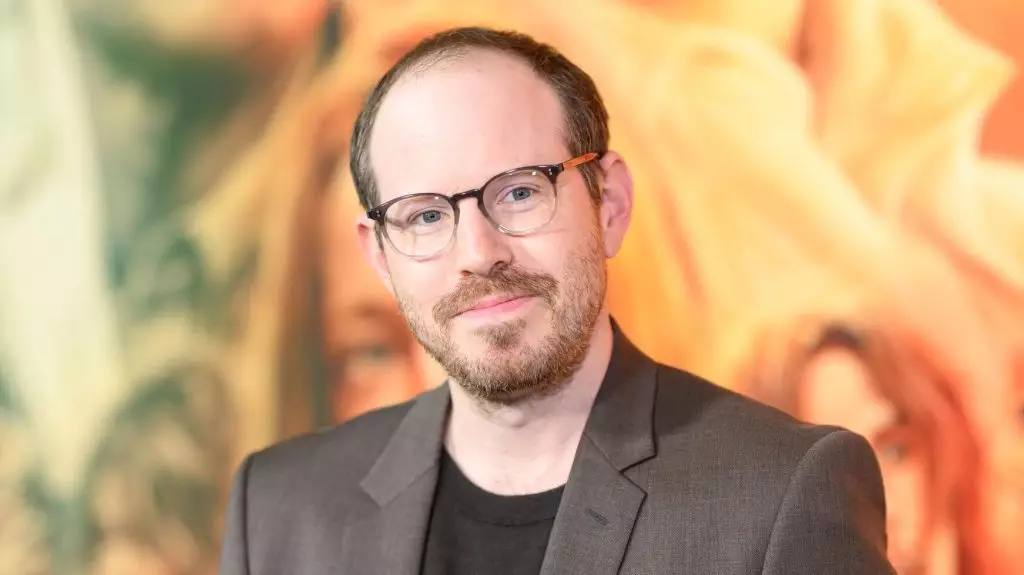The rapid evolution of artificial intelligence is no longer a distant nightmare; it is now a pervasive reality that threatens to reshape Hollywood and the cultural fabric it sustains. While technological progress often promises democratization and creativity, AI’s unchecked rise reveals a darker side—one where human agency, authenticity, and artistic integrity are quietly sacrificed on the altar of efficiency and profit. Hollywood, traditionally a bastion of innovation and storytelling, now teeters on the edge of losing its soul, hypnotized by the siren call of machines that promise endless productivity but erode the human touch that makes art meaningful.
Ari Aster’s candid criticism underscores this alarming shift. His observation that many engineers and developers treat AI as a god reflects a disturbing reverence that borders on fanaticism. This reverence signifies a departure from rational experimentation into a mode of worship—an unquestioning acceptance that machines hold the ultimate power to define reality. Such a mindset is dangerous; it signals the abdication of human responsibility and the surrender of ethical considerations in favor of technological supremacy. Hollywood’s flirtation with “clean AI” ignites a precarious trend where creativity is increasingly dictated by algorithms rather than human intuition and emotional nuance.
The Loss of Human Authenticity
The unsettling truth is that AI-generated content often appears disturbingly convincing—so much so that the line between reality and fabrication blurs. The uncanny valley of digital realism poses a threat not only to the industry’s integrity but also to the societal perception of truth itself. When audiences are fed AI-crafted narratives and visuals that mimic genuine human expression, trust begins to erode. We risk living in a world where authenticity is a relic of the past, replaced by synthetic façades that serve corporate interests rather than honest storytelling.
Aster’s fear that “the space between lived reality and imaginal reality is disappearing” is a sobering warning. As these artificial creations become indistinguishable from real life, our collective sense of what is genuine will weaken. The danger isn’t just in losing jobs to automation; it is in losing touch with authentic human experience—an experience that has historically defined art, culture, and society’s moral compass. Hollywood’s embrace of AI, under the guise of innovation, threatens to commodify human emotion and reduce art to a mere product of code and data.
The Impending Cultural Crisis
This technological race, driven by corporate greed and a misguided belief in progress, dismisses the profound ethical dilemmas involved. The U.S. Senate’s decision to lift restrictions on AI regulation exemplifies a troubling neglect of foresight—one that prioritizes short-term gains over long-term societal costs. Hollywood’s push for “safe” AI practices suggests an attempt to regain some semblance of control, but it may be too little, too late. The industry’s trajectory appears inherently wired toward an expansion of AI’s influence, risking a cultural collapse where human creatives are sidelined in favor of soulless, machine-generated content.
Aster’s reflection that “it’s how the history of technological innovation has worked” resonates with a haunting truth: the relentless march of innovation often leaves human values in the dust. Instead of steering AI development with deliberate caution and ethical stewardship, the industry seems to accept its inevitability blindly. This passive acquiescence could strip cinema—its capacity to inspire, to challenge, and to reflect human vulnerability—of its essential human core. We are hurtling toward a future where our cultural landscape is shaped less by human imagination and more by algorithms masquerading as creativity. That is a future I, as a center-leaning liberal, find profoundly unsettling and in dire need of urgent reconsideration.

